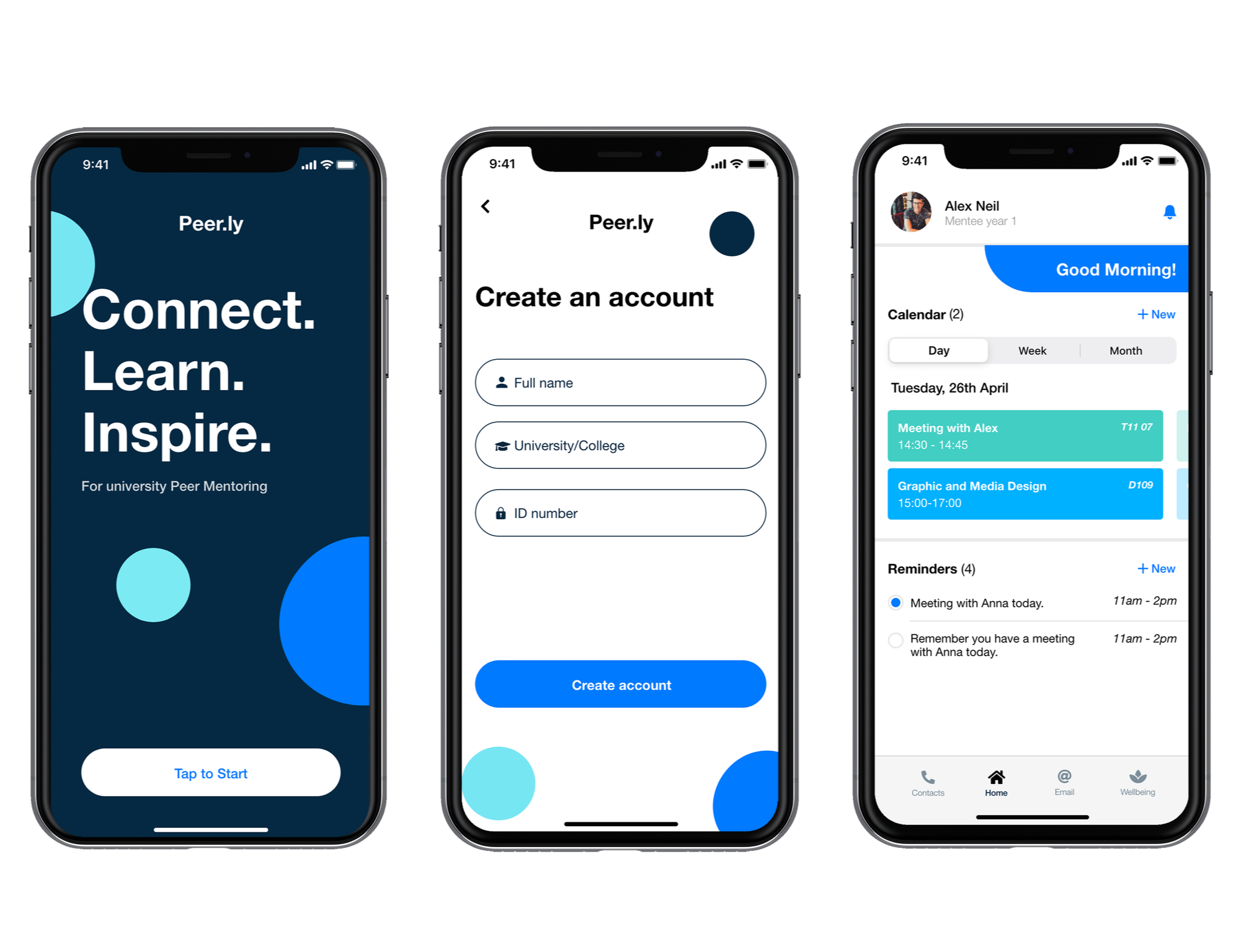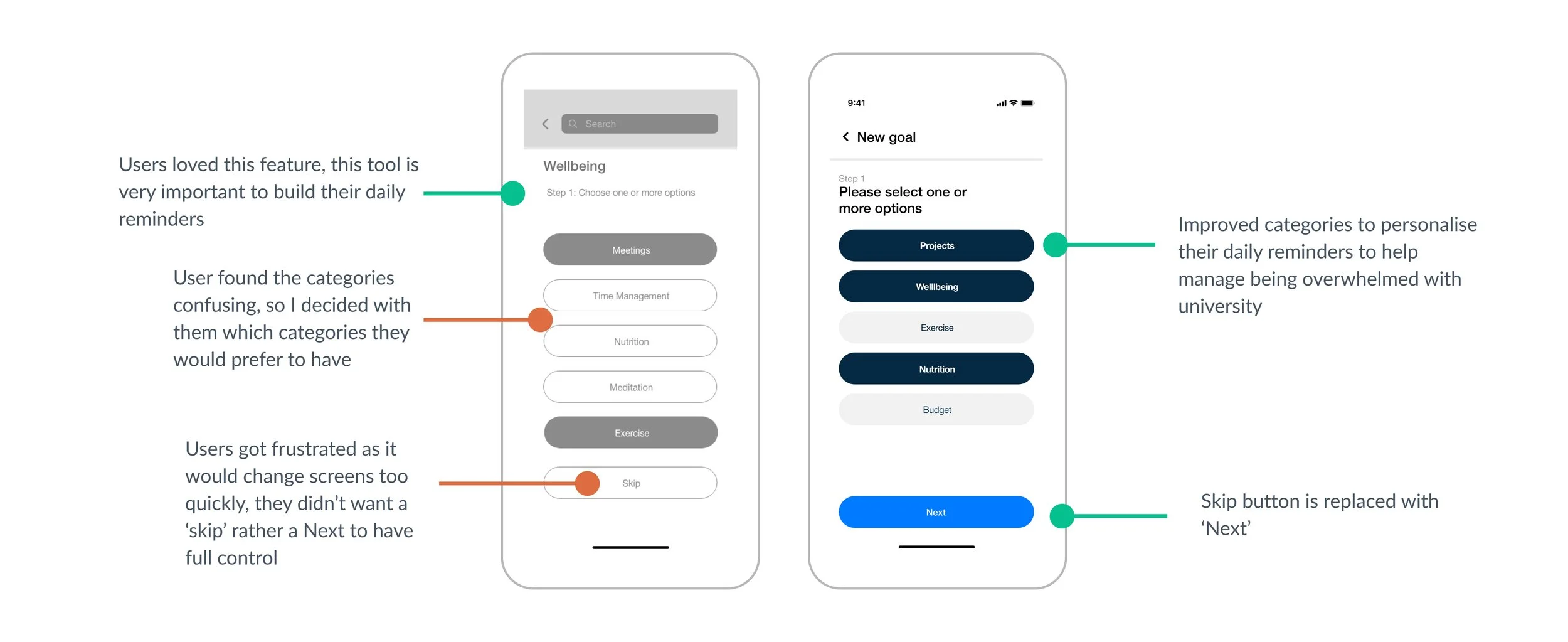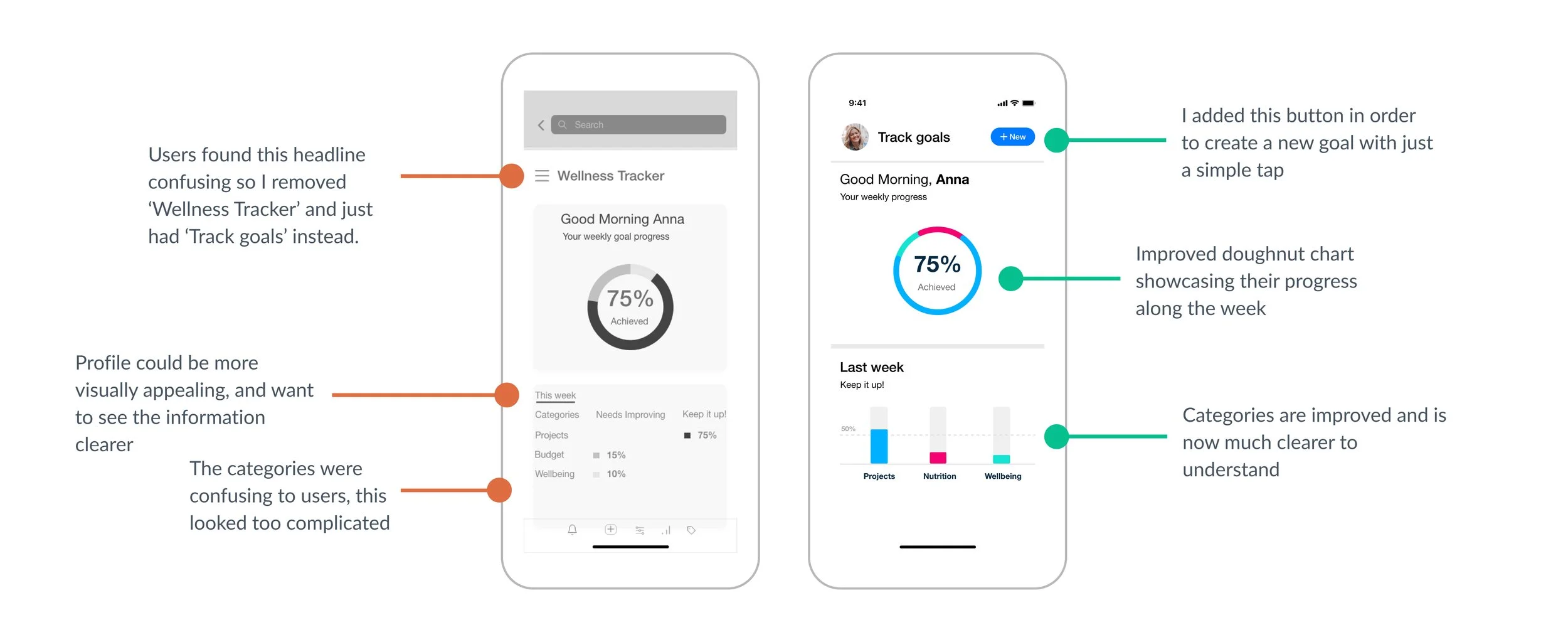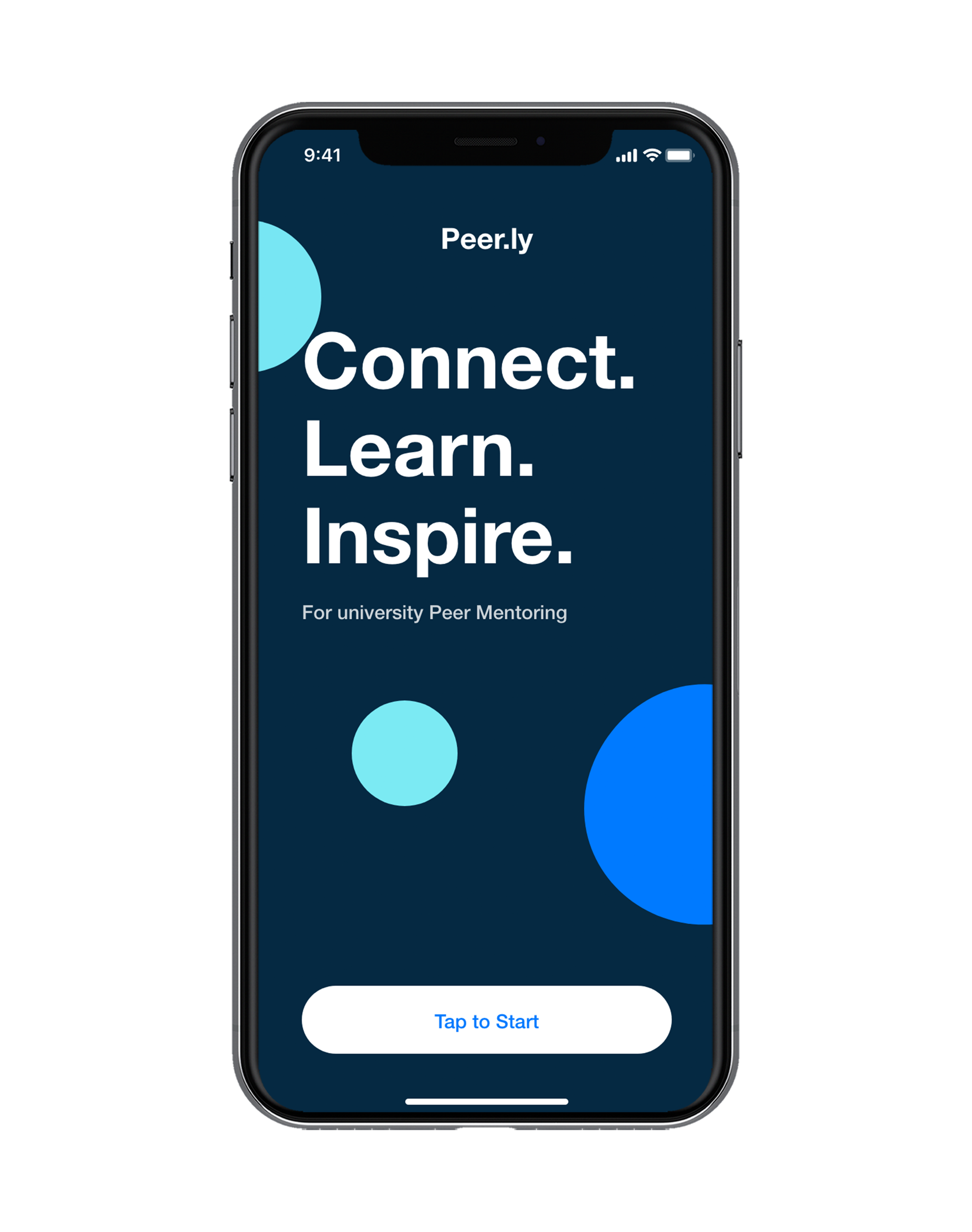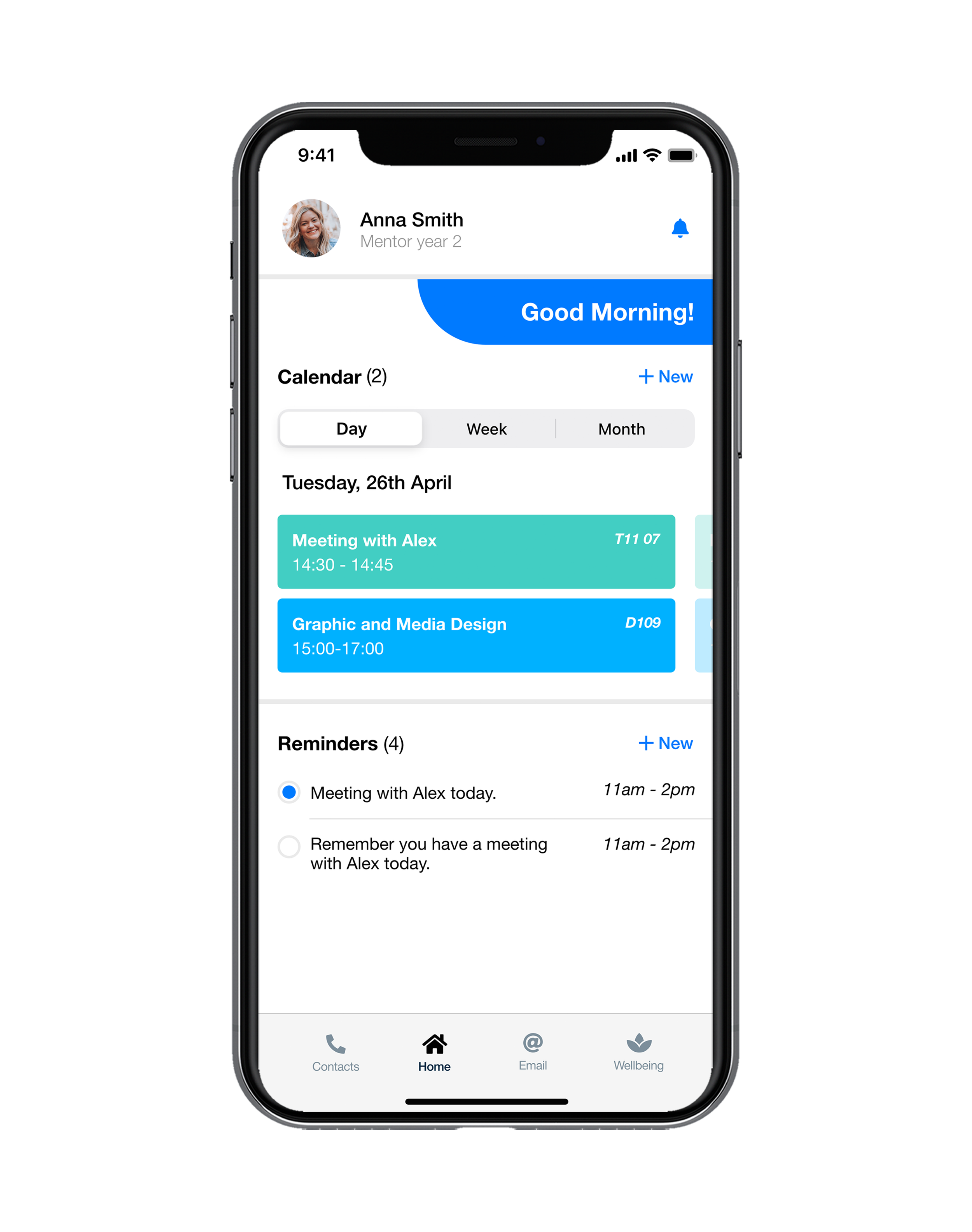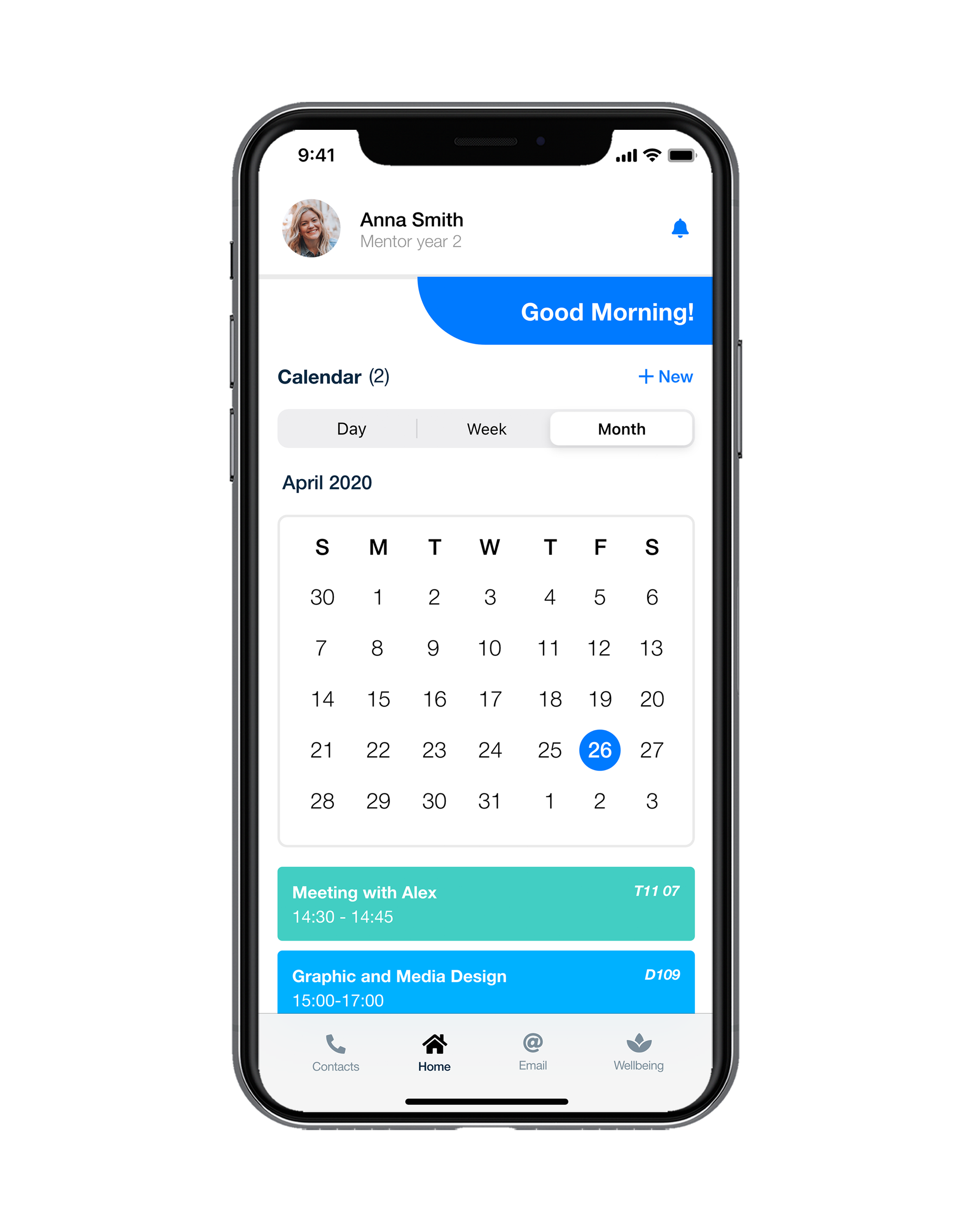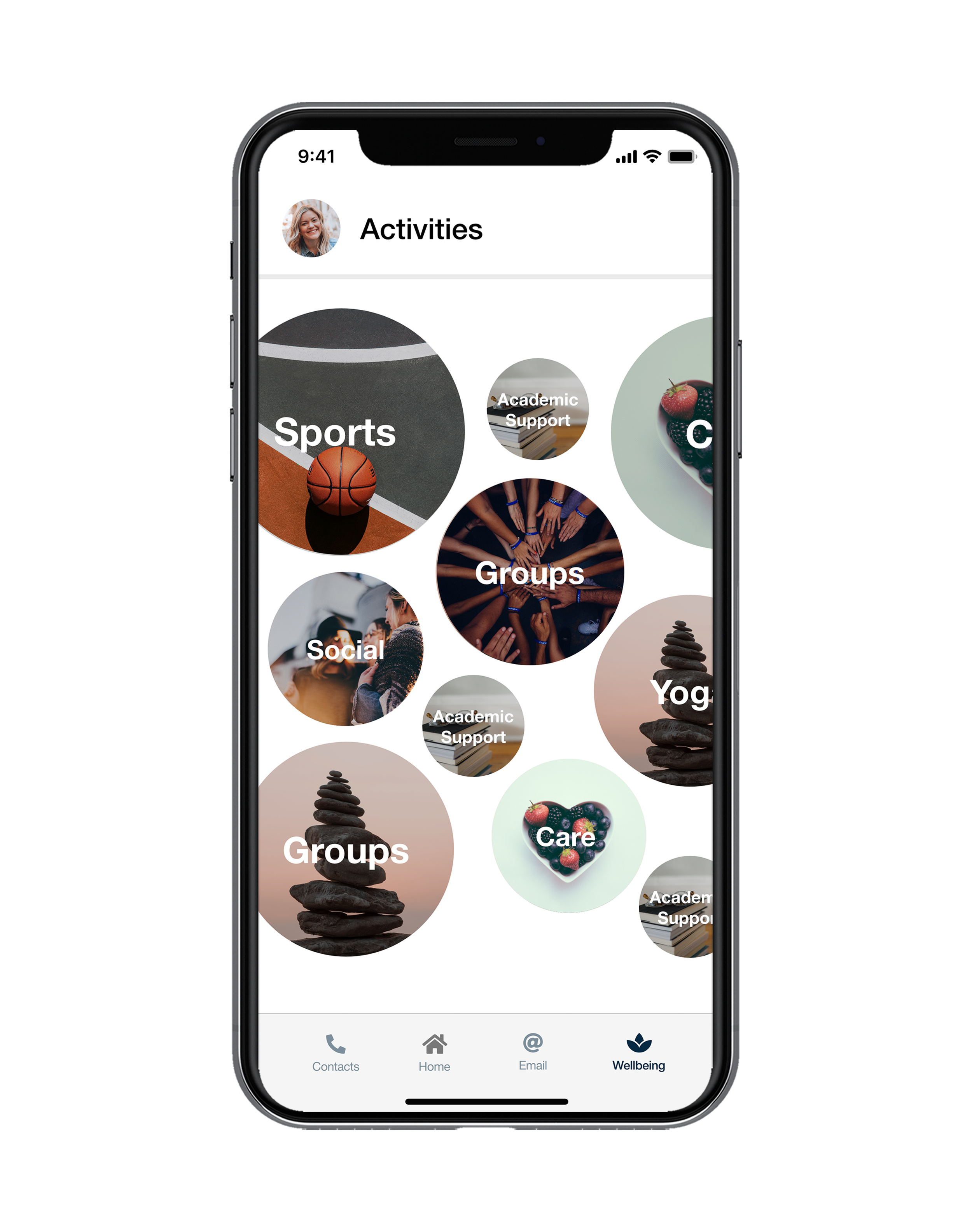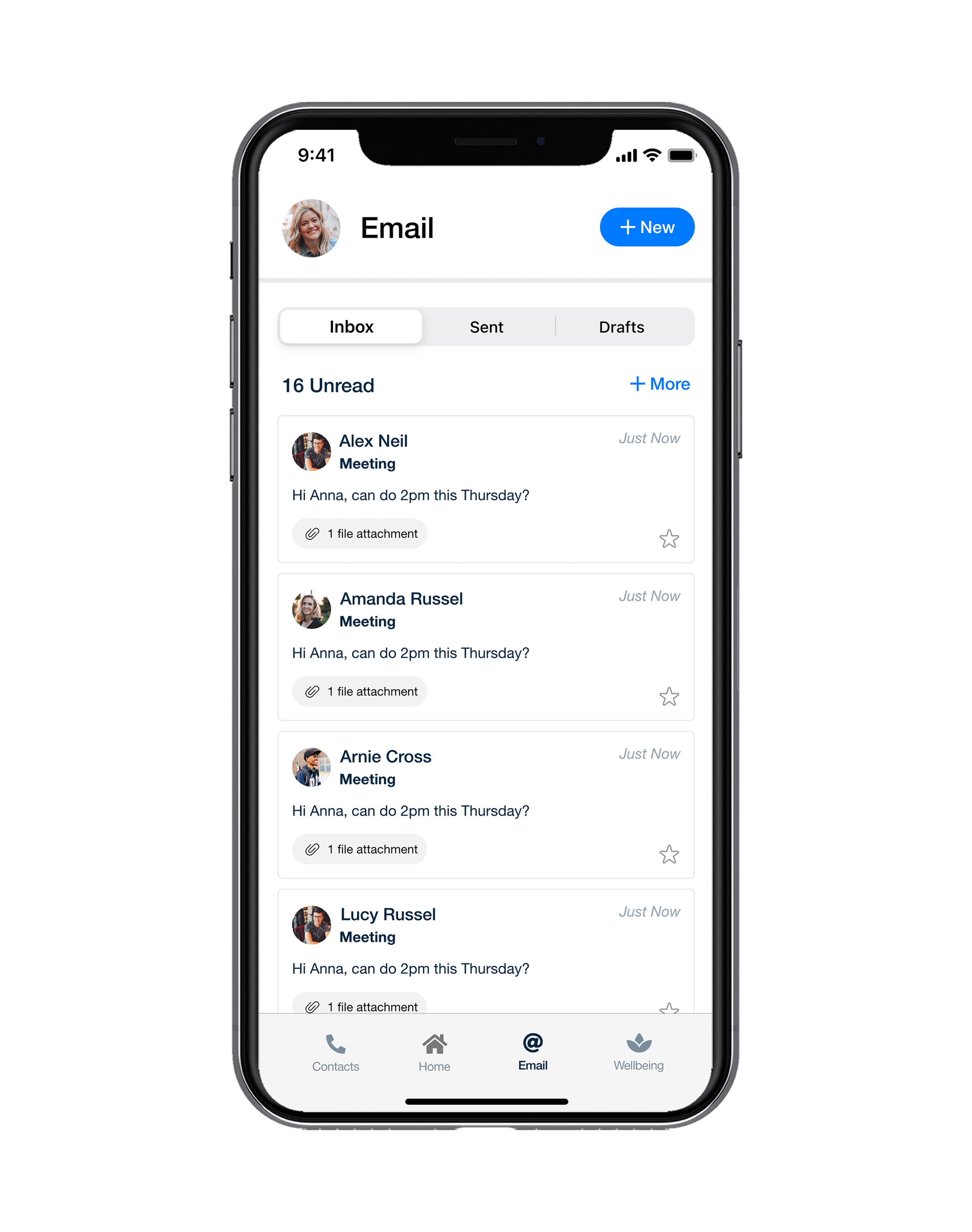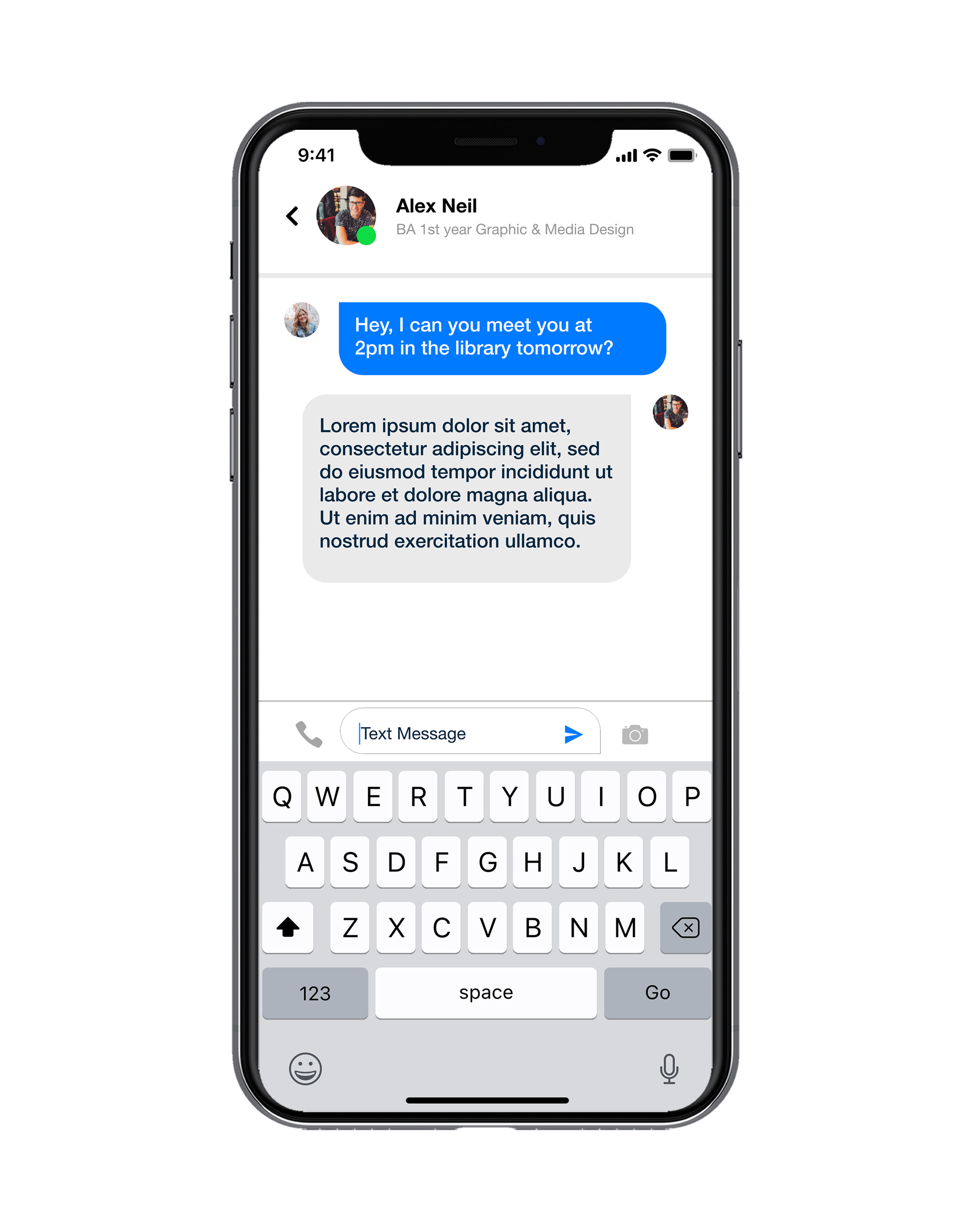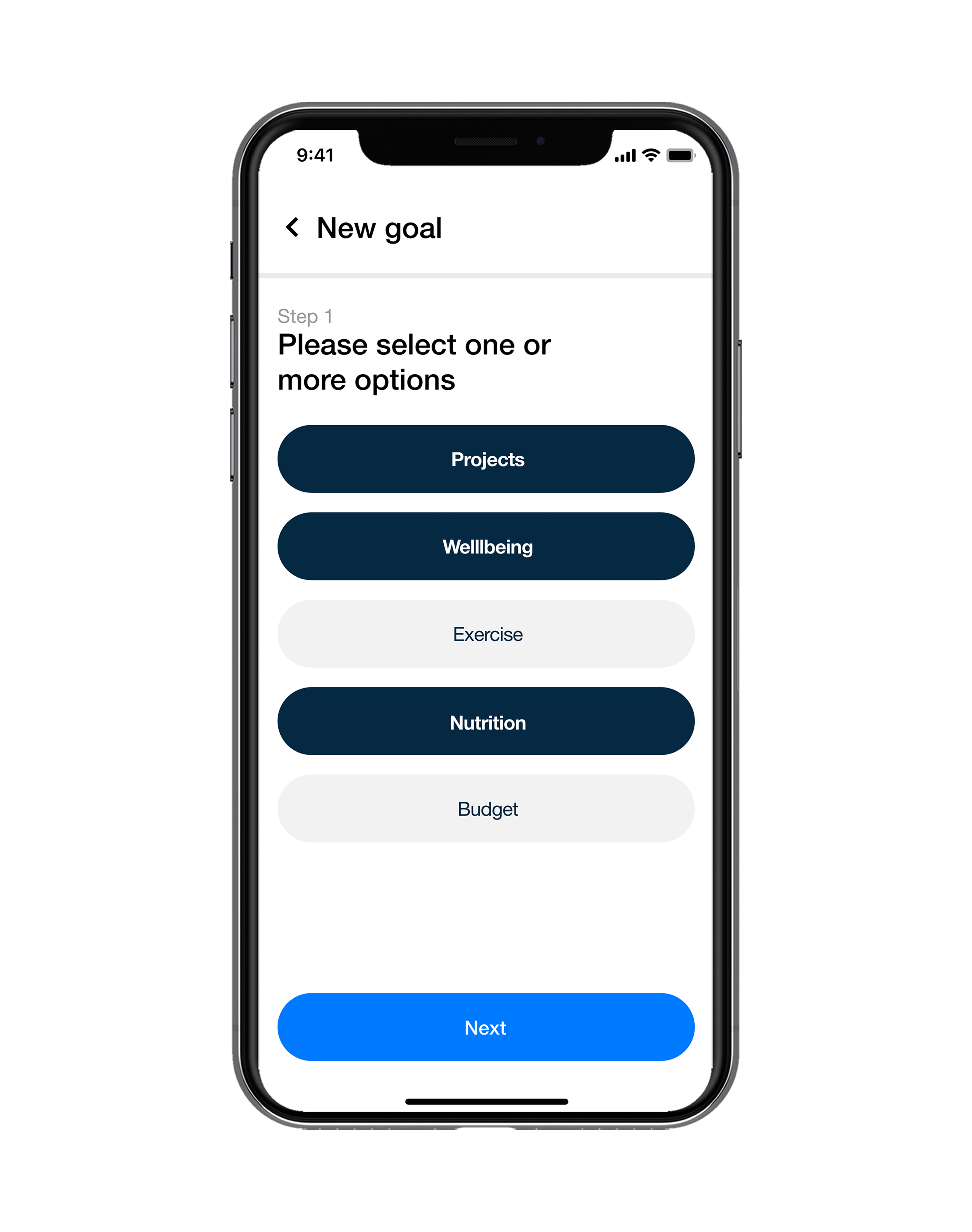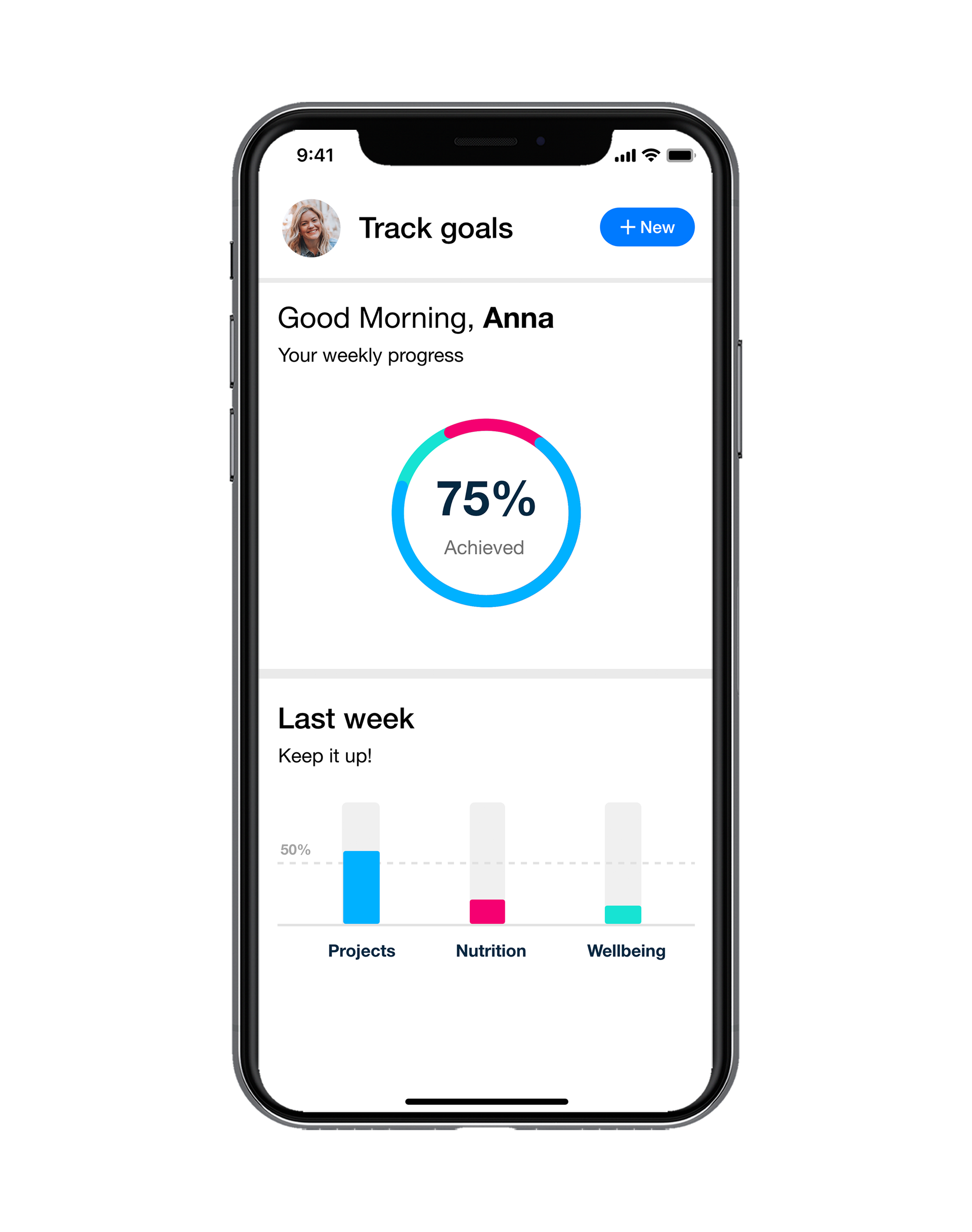Peer.Ly App
Taking university peer mentoring to the next level by creating an app designed to help students perform better during their studies.
Project Overview
Peer.Ly is a university project app that enhances collaboration between admin teams, mentors, and mentees, driving improved communication and positively supporting student wellbeing throughout the academic year.
-
Lead UX Designer — End-to-End Process Including User Co-Design
-
Adobe XD, Adobe Photoshop, Figma, Google Material Design, Microsoft Outlook
-
9 Months (Sept 2019 - June 2020)
Problem Statement
Peer mentoring programs are vital to student success at most UK universities, yet the tools supporting them are fragmented and inefficient. Currently, students and staff juggle multiple platforms—like the university Moodle app, WhatsApp, and email—which leads to confusion, communication breakdowns, and increased stress for both mentors and mentees.
Design Process
-
1. Discovery
Interviewed students and staff to uncover pain points in peer mentoring communication and wellbeing support.
-
2. Define
Synthesised research into key user needs and created personas. Developed a high-level sitemap to structure features.
-
3. Ideation
Co-designed early concepts with users, exploring solutions focused on clarity, accessibility, and wellbeing.
-
4. Design
Created wireframes and interactive prototypes guided by personas and user insights.
-
5. Testing
Conducted remote usability testing (moderated and unmoderated). Iterated based on feedback from students and staff.
-
6. Impact
4 UK universities showed interest. Nearly all participants said they would use the app; 100% of students felt it would support their wellbeing.
Discovery
-
Interviews with University Staff
Initial university staff interviews were conducted to better understand the university mentoring program and the steps each student had to take in order to be recruited and approved to mentor 1st year students.
Question 1: How does the Peer Mentoring program work at UAL currently?
Question 2: What are the problems that you are currently experiencing?
Question 3: Do you struggle with certain aspects of the program?
Question 4: If you had an app that would facilitate access for all parties involved, which features would be important to you and the program?
Personas
Based on insights from interviews, I identified three key user groups involved in the peer mentoring journey: admin staff, mentors, and mentees. To better empathise with their needs and guide design decisions, I created user personas representing each group.
-
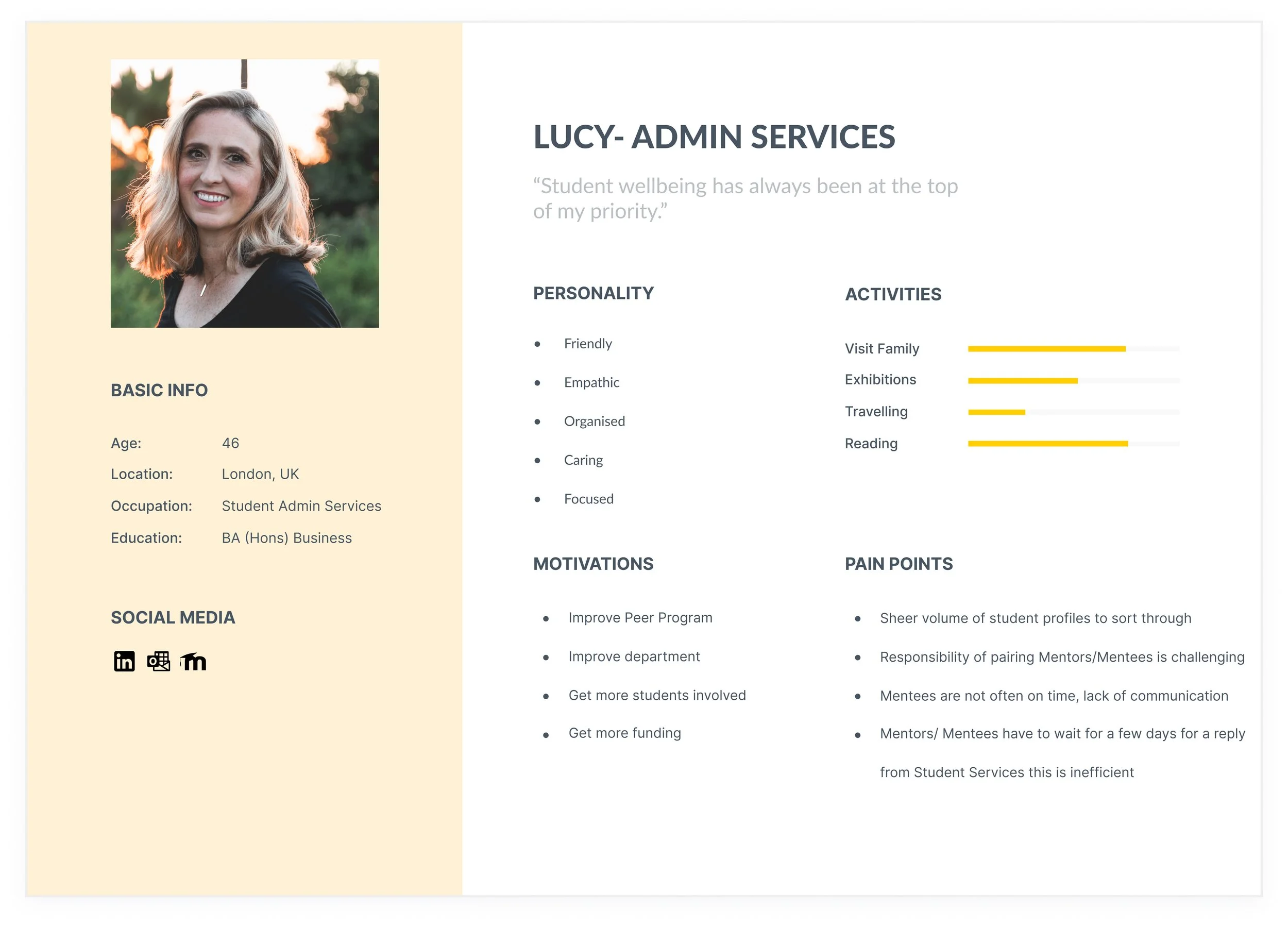
Lucy (Admin)
“Responsibility of pairing Mentors and Mentees is challenging” Lucy, Admin
-

Anna (Mentor)
“Too many platforms to choose from, it’s confusing” Anna, 2nd-year student
-
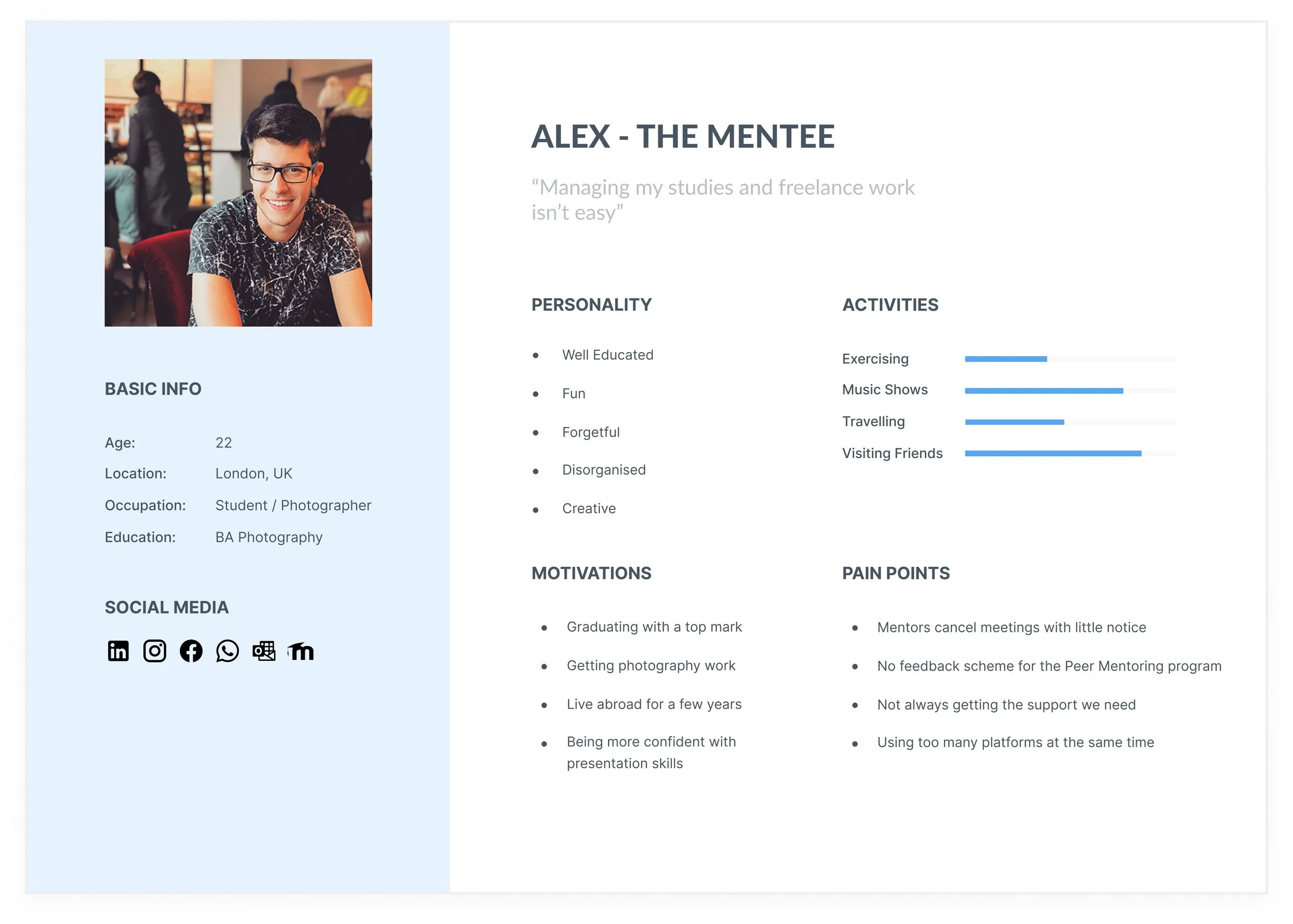
Alex (Mentee)
“Mentors cancel meetings with little notice” Alex, 1st year student
Pain Points
-
To validate my thinking, I collaborated with a Mentor and Student Services staff, focusing on their pain points. This revealed that miscommunication was causing unnecessary friction between users.

Information Architecture
-
Sitemap
Typical Mentor
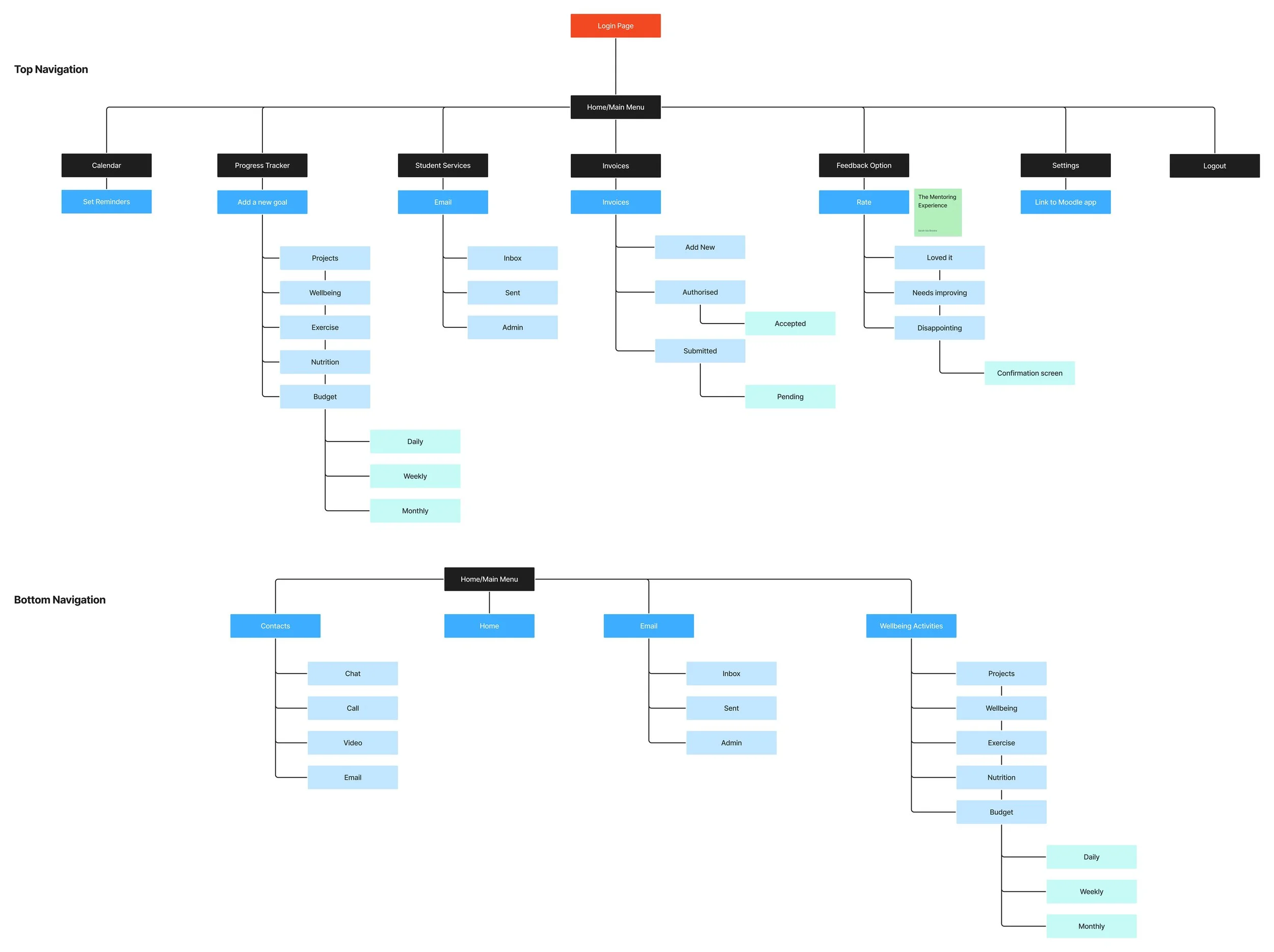
Wireframes
Design System
Try out the design system in Figma
User Testing
Before moving into any prototyping, I did a few rounds of remote/ unmoderated tests due to the Coronavirus pandemic. The tests were conducted using my wireframes with 2 Mentors and 3 Mentees (identities of the Mentees remained private due to university policy)
The user tests were to determine any pain points in usability and if there was anything they would change to make it more visually appealing and intuitive.
User Testing
Final Designs
Results
-
4 UK Universities
Expressed interest in adopting the app.
-
98% of users
(Students and Staff) said they would use it.
-
100% of students
Believed it would improve their wellbeing.
Reflection
-
Learnings
I learned how to adapt my research approach under challenging conditions, using remote tools to keep users involved. Early feedback was crucial in validating the concept and building stakeholder confidence.
-
Next Steps
I plan to secure funding to develop the app and position it as a scalable solution for other universities running peer mentoring programs.

